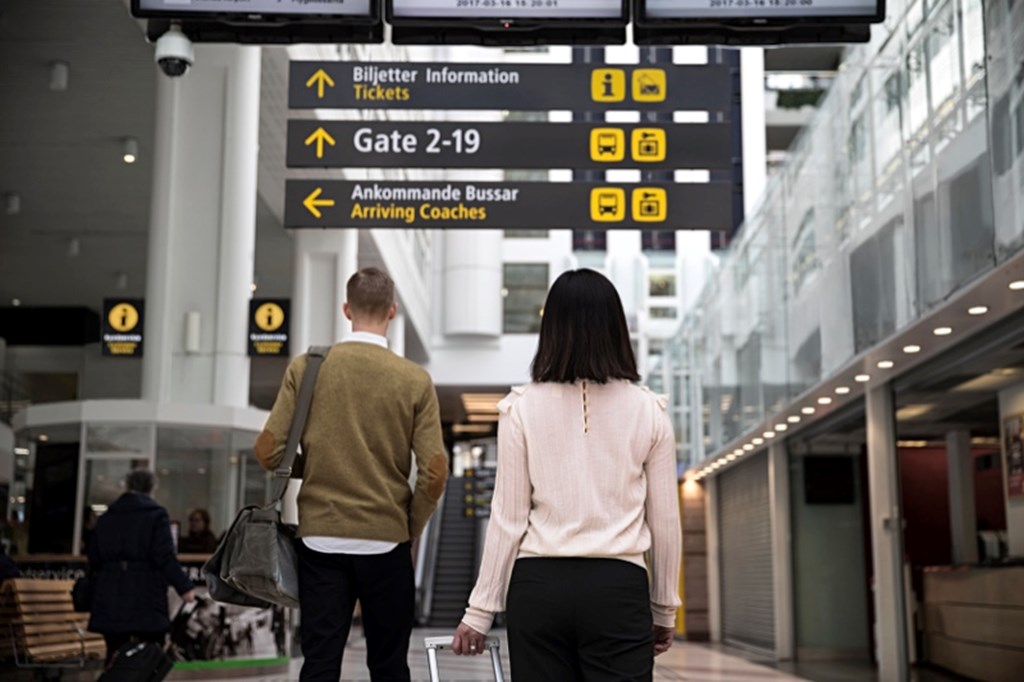"Get yourself a stable payment provider who is up to the challenges of both today and tomorrow." We have been speaking to Mads Moesgaard, Nordic Business Manager at Eurocard, about a market in the throes of constant change.
The last year has left its mark, to say the least. Both in history and in our current business landscape. Restrictions and repeated lockdowns have forced many payment providers to reprioritise their businesses, and to shut down in several markets across Europe. This has left many companies suddenly without a partner for card and payment solutions.
According to Mads Moesgaard, it is not possible to say whether things are going badly or well for companies and markets at large. As the card payment, travel and hospitality sectors fall to their knees, other industries have been flourishing, such as online retail.
A new reality
"All we can say really, is that the landscape and the reality we see before us now is very different and that entrepreneurs and business owners, no matter the upswings or setbacks they have undergone, must now adapt to this new reality," says Mads Moesgaard.
"Some will fall while others will rise. Developments have meant that a number of smaller payment providers have disappeared from the market. Their customer bases and revenues were quite simply not big enough to keep them afloat," says Mads Moesgaard. But as these smaller providers disappear, their customer bases remain – companies which now suddenly and unexpectedly find themselves without a payment and card provider.
Not something we can do away with
Mads Moesgaard considers that even companies without a major need for payment cards right now will need such a solution when restrictions lift and our economies open up again. And so a number of companies will need to find new payments solutions in markets where their former providers have vanished.
"Card and payment services are not something we can do away with or deprioritise; companies quite simply need a way to manage payments effectively," says Mads Moesgaard.
But how should business owners respond if they suddenly find themselves without a payment provider in several markets?
- "My advice would be to immediately try and find a new provider to partner with, and preferably one who is well equipped to cope with and survive in the instable and largely unpredictable market that we have today. This is where the larger and more stable card providers are able to step in," he says.
A partnership is a clear win for all involved. A stable payment provider will help companies to futureproof their businesses at the same time as the providers themselves are able to shore up their customer base and thus their revenue streams.
An 'all-in-one' solution
In other words, stability and far-sightedness will be key to surmounting the challenges of the future, regardless of what sector you are in.
Even if Eurocard is based in Denmark, Finland, Norway and Sweden, the company is able to provide card services in 29 different countries. This makes the Eurocard a stable partner in an unstable world.
"The benefit of having a payment provider which is represented in many different countries is that you don’t need to get a different provider for each country, you get an 'all-in-one' solution," says Mads Moesgaard.
Four things to consider when choosing a payments provider:
- Stability
The provider should be big enough to cope even when the markets are in flux. A good customer base and stable revenue streams are therefore both important.
- Customer focus
The provider’s focus should be on customer benefit – both for their direct corporate clients but also for end customers as well.
- Key focus on cards
Providers which place a clear focus on cards and associated services are to be preferred. It is impossible to overstate the value of expertise within this area.
- Seamlessly integrated payment solutions
Both companies and end customers expect payment solutions that practically take care of themselves. Seamless and integrated services and check-outs guarantee this experience.





